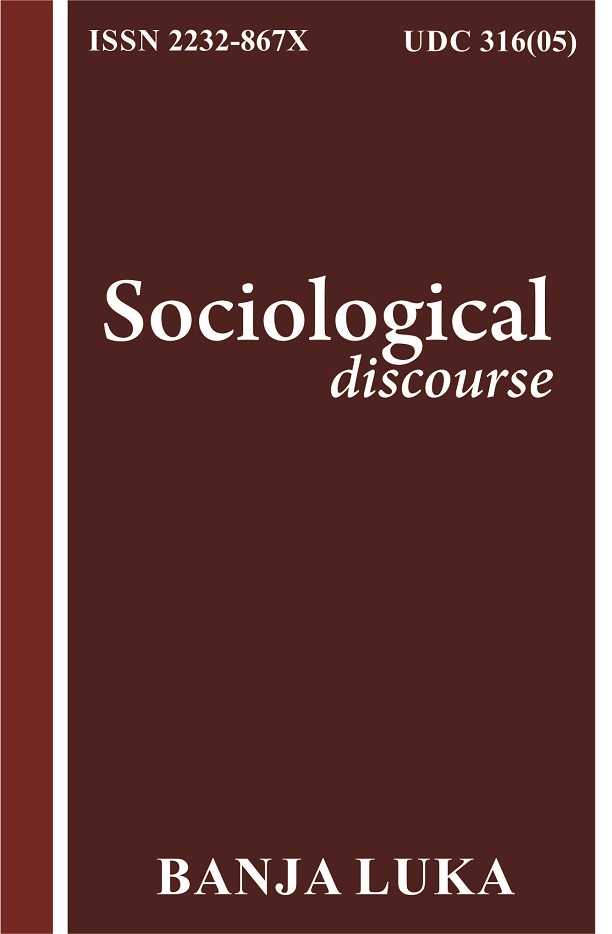Religious capital and religious rewards: a study in the economics of religious life
Abstract
Religious life is studied by way suggested by the rational choice theory and the religious
capital theory. The basic contentions of the theory on the nature of religious life having
to do with an exchange upon a religious market, by fi rms offering compensators
and rewards, and consumers, is considered. In the empirical analysis, it was validated
that the independent (religious capital) and dependent (religious rewards of two types)
were empirically separate constructs. Cross-sectional analysis of survey data indicated
a very strong association between religious capital and institutional and ritual experience
rewards within religious life, at a cross-cultural analysis, including Bosnian
Muslims, Serbian Orthodox, Slovenian Catholics and US Protestants. The association
was confi rmed as robust at regression inspection with religious socialization. This
extends further support for the empirical validity these novel theories of religious life
and extensions of economic analysis into religious life.
